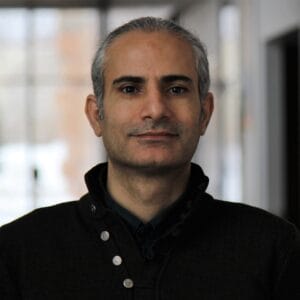Time Is the Enemy in Transplantation
LifeSource Pursues New Ways to Speed Up or Stop Biological Time.
If you said yes – or are considering donation for research – thank you. While transplant is life-saving for one individual, donating a loved one’s organs and tissues for research impacts an exponential number of lives. LifeSource is proud to offer chances for our communities to advance medicine and treatments through research, and ultimately improving and healing lives.
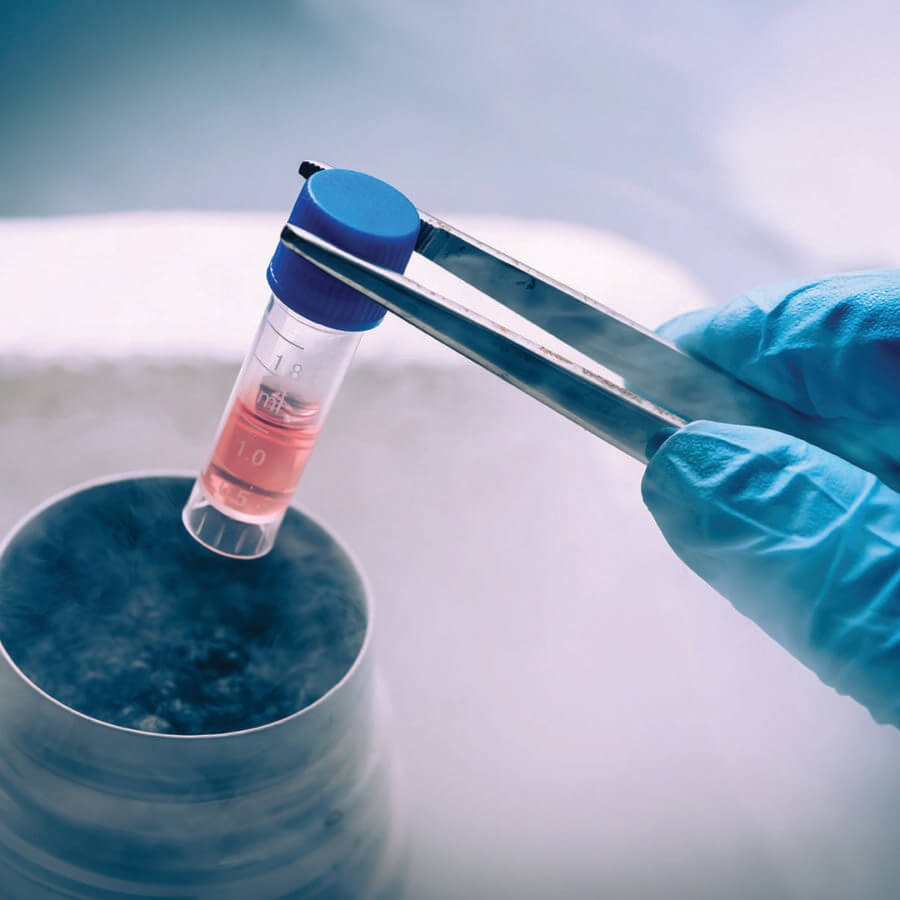
“My Dad, ‘Big Papa’ to his grandchildren, passed away at the age of 80, ten years after his second heart transplant. We are so excited and proud to have given his heart back to research so others can continue to learn from it.”
Chris, son of research donor
Research comes in many forms:
Research goes beyond a specific organ or tissue – research includes education and training and is a tremendously valuable part of our research program.
It varies depending on the Anatomy Bequest Program that you choose. Some programs require that the deceased donor is unaltered after death to be accepted into the program. Other programs will work with donor organizations to facilitate any opportunity for transplantable donation as well as accepting the whole body donation.
The research authorization rate in LifeSource service area is 80 to 85 percent for families approached for donation.
LifeSource is dedicated to working in close partnership with researchers in academic medical centers, hospitals, universities, and biotechnology centers to advance the field of research through organ and tissue donation. Our research partners include:

University of Minnesota research includes:
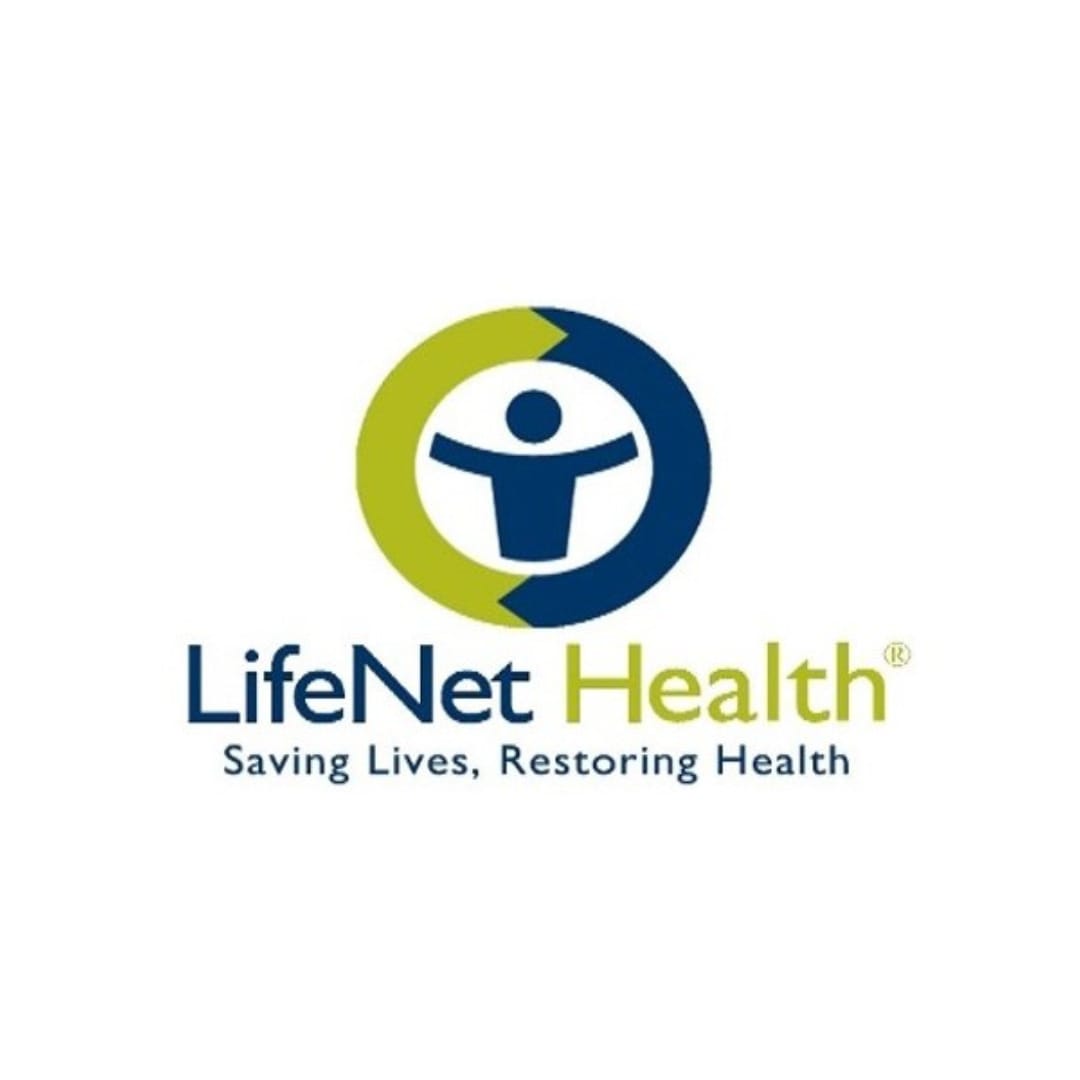
LifeNet Health research includes liver cell testing to develop better safety and toxicology studies of new drugs and disease treatments.
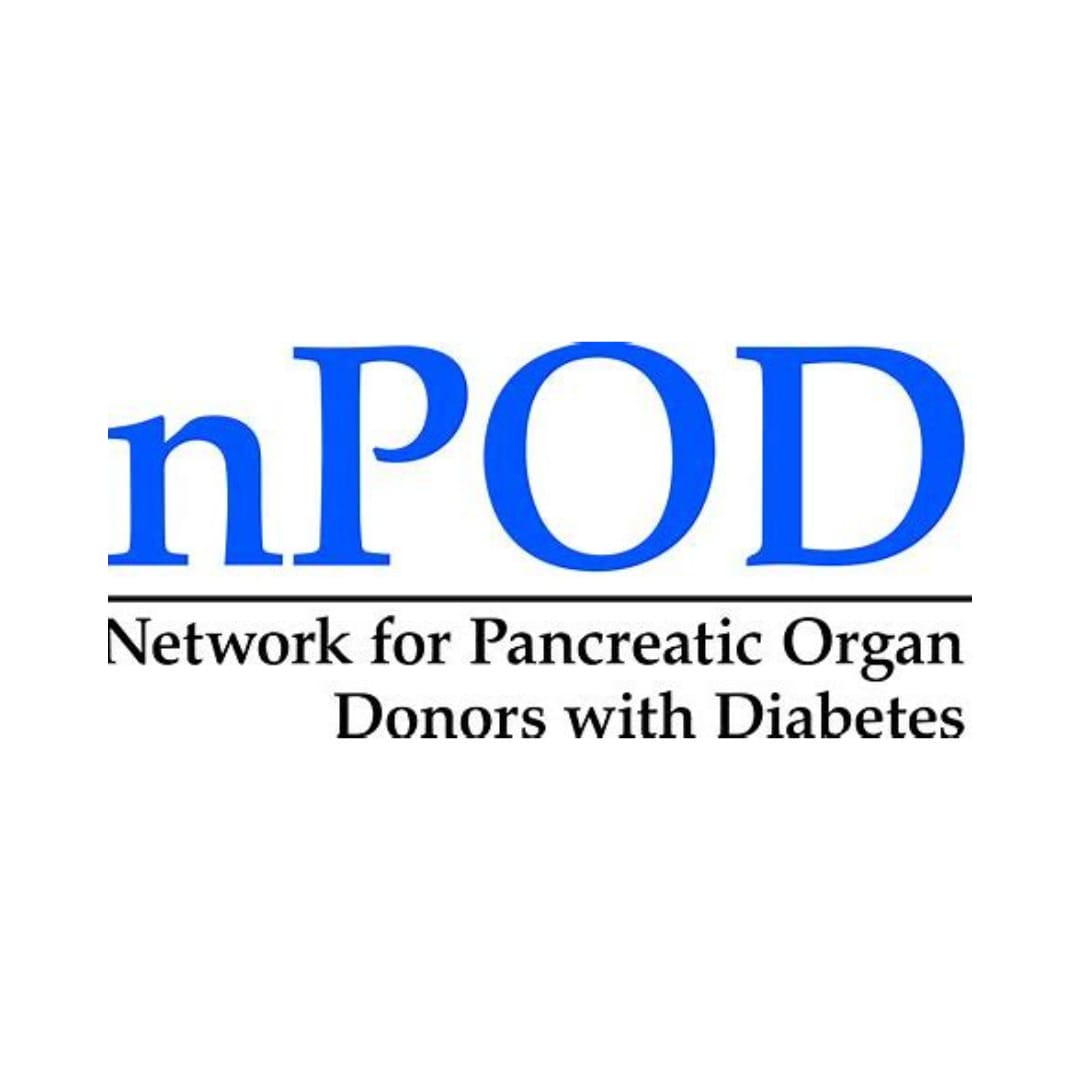
Network for Pancreatic Donor with Diabetes (nPOD)
Gifts from autoantibody positive donors will help scientists study the autoimmune process at the very earliest stages of beta cell destruction. Many of our scientists believe that understanding what is making the body attack its own pancreatic cells will be the key to finding a cure.
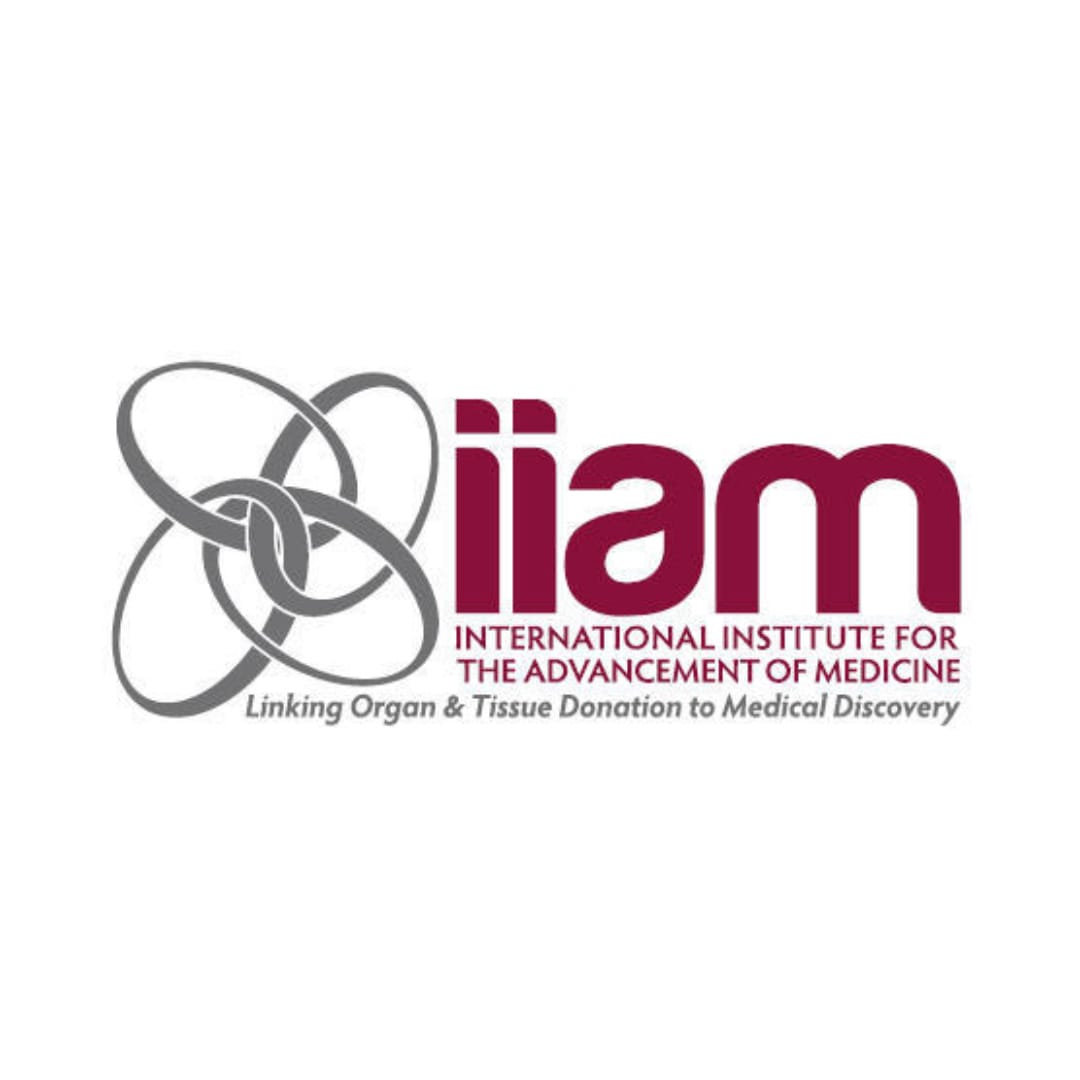
International Institute For The Advancement of Medicine (IIAM) research areas include: Cardiovascular disease; Gastrointestinal diseases; Chronic Kidney Disease; Acute and Chronic Liver Failure; End Stage Lung Disease, Asthma and COPD, and RSV; and Diabetes.
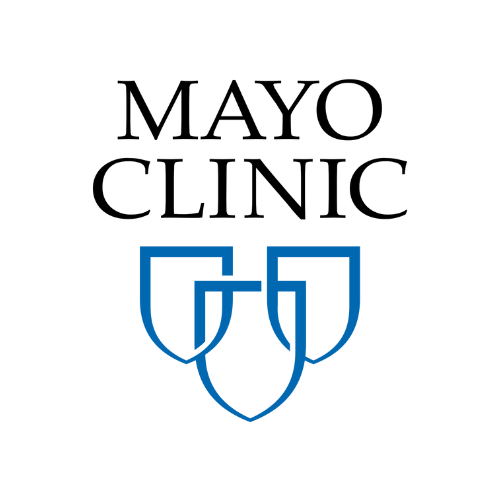
Mayo Clinic research includes:
LifeSource collaborates with a variety of local and national research organizations (research institutes and universities) that require donated organs and tissues for their studies. All research partners must complete a project application. All new applications will be reviewed and examined by the Research Committee Members who are transplant surgeons and scientists.
View all updates for research and innovation.
LifeSource Pursues New Ways to Speed Up or Stop Biological Time.
In May of 2021, LifeSource partnered with Mercy Hospital and MissionGO, a transportation logistics company to create an innovative solution to some of the challenges in organ transportation.
Every single day is a battle with the clock to recover and transplant an organ. The time from donation to transplant per organ is very limited (ranging from 4 hours to 24 hours). Due to ground-breaking research, this timeline is about to change.
Wyatt had the unique opportunity to be the first person in the upper midwest to donate a heart as part of a U.S trial of the TransMedics Organ Care System.
In June 2016, Calen “Rudy” Ross gave the gifts of organ, eye and tissue donation after his death, including a very special gift – the gift of his face. This is his story, as told by his wife Lillian.
Please reach out to LifeSource’s Research Coordinator for more information on research and innovation.
